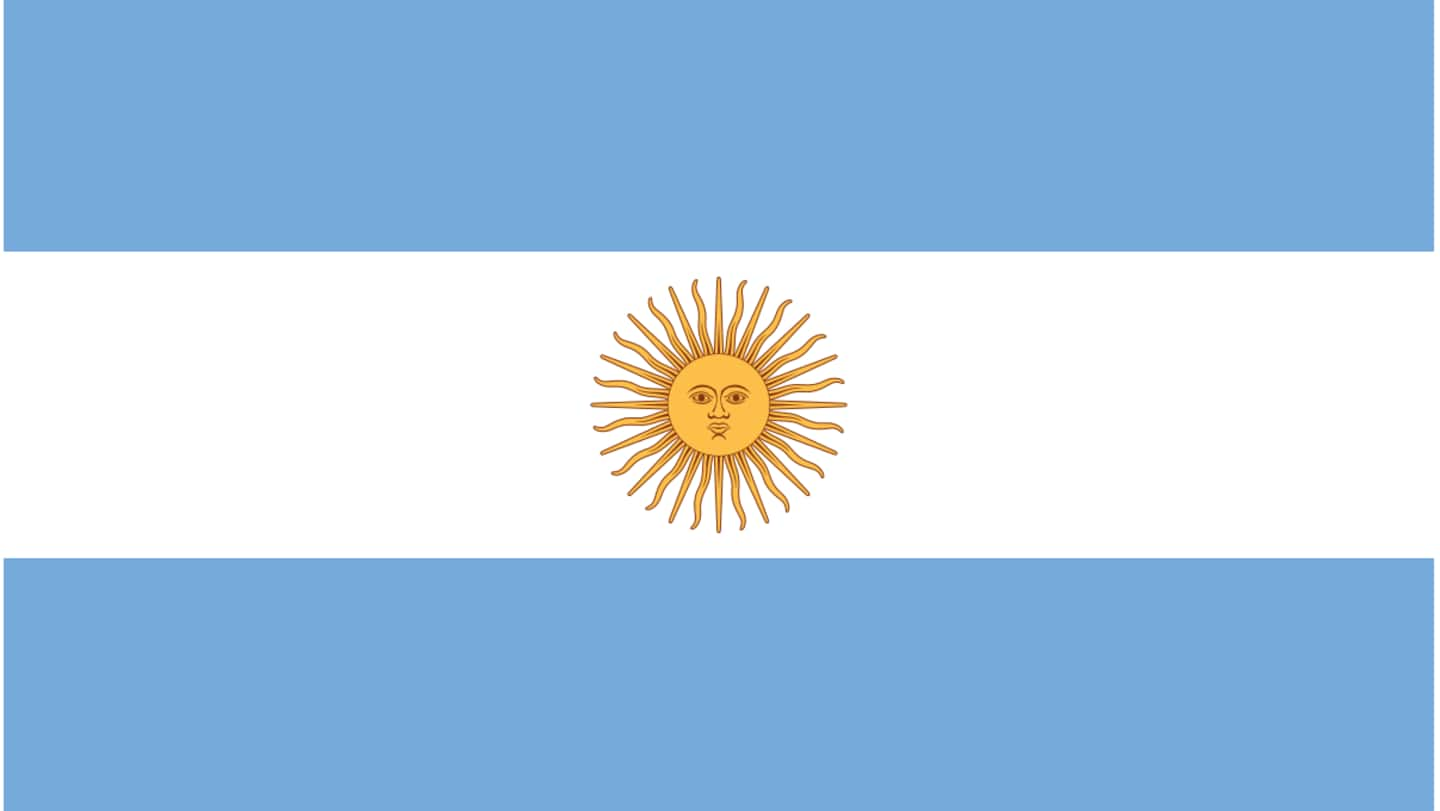
Bill legalizing abortion passed in Pope's native Argentina
What's the story
Argentina on Wednesday became the largest nation in Latin America to legalize elective abortion, a triumph for a feminist movement that overcame a last-minute appeal by Pope Francis to his compatriots. After a marathon 12-hour session, the country's Senate passed the law after midnight by a comfortable 38-29 margin. A previous abortion bill was voted down in Argentina in 2018 by a narrow margin.
Details
Legislation guarantees abortion up to 14th week of pregnancy
The new legislation guarantees abortion up to the 14th week of pregnancy and beyond, in cases of rape or when a woman's health is at risk. "Safe, legal, and free abortion is now the law," President Alberto Fernandez Fernandez tweeted, noting that it had been an election pledge. He added, "Today, we are a better society that expands women's rights and guarantees public health."
Information
What more does the new legislation include?
The legislation allows health professionals and private medical institutions to opt out of the procedure. But they need to refer the woman to another medical center. The so-called conscientious objection also cannot be claimed if a pregnant woman's life or health is in danger.
Pro-abortion activists
Pro-abortion rights activists gathered outside the Senate
Outside the Senate, pro-abortion rights activists gathered wearing the color green that has characterized their combative movement. The crowd of a few thousand burst into raucous cheers and tear-filled hugs as Vice President Cristina Fernandez de Kirchner, who presided over the debate, announced the result, shouting legal abortion in the hospital as the measure was passed.
Information
Anti-abortion activists are unhappy with the decision
Meanwhile, the group Pro-Life Unity said the date would be remembered as one of the most macabre days in recent history. A group that calls its members defenders of the two lives set up an altar with a crucifix under a blue tent.
Background
Legal abortion was being demanded for more than 30 years
Argentina's feminist movement has been demanding legal abortion for more than 30 years and activists say the approval could mark a watershed moment in Latin America, where the Catholic Church has long dominated. Supporters cite official figures claiming more than 3,000 women have died from clandestine abortions in the country since 1983. The President will sign the legislation as law in the coming days.
Quote
'Measure will deepen the division in country,' say local bishops
The local Roman Catholic bishops conference issued a statement saying the measure will deepen even further the divisions in our country and said it lamented that the country's leadership was distant from the dominant pro-life sentiment across the nation.
Latin America
Legalization of abortion expected to reverberate across Latin America
Abortion is already allowed in some other parts of Latin America such as Uruguay, Cuba, and Mexico City. Its legalization in Argentina is expected to reverberate across the region, where dangerous clandestine procedures remain the norm a half-century after a woman's right to choose was guaranteed in the US. Amnesty International celebrated the vote as an inspiration for other countries in the region.